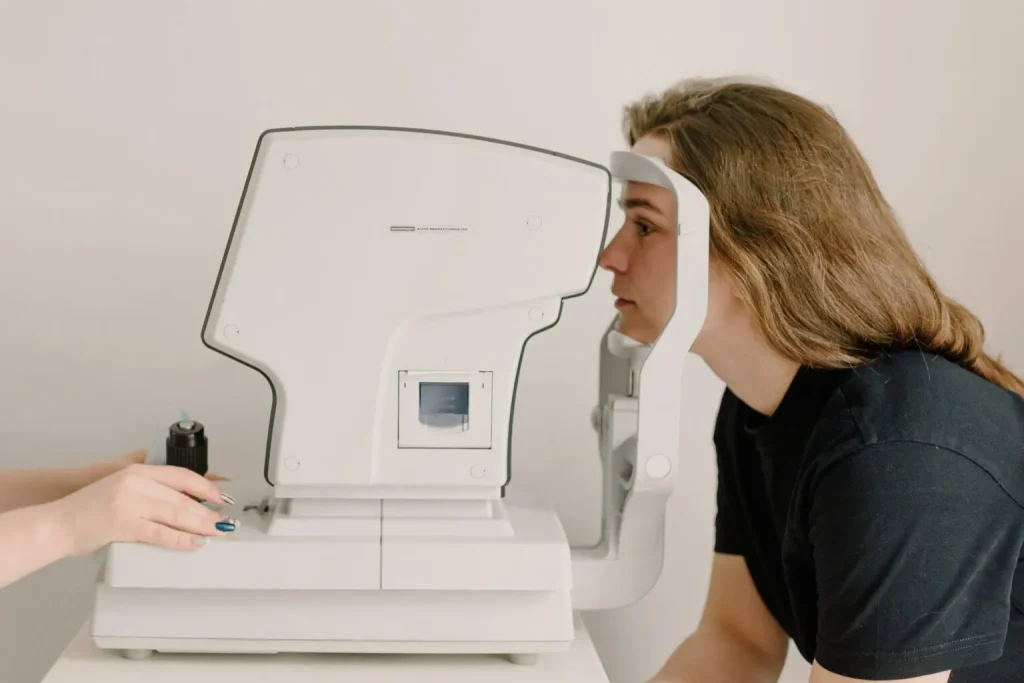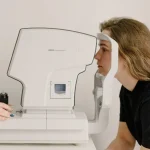By Dr. Ritika Sachdev, Additional Director , Centre for Sight Group of Eye Hospitals
Most of us know what neurology is and what ophthalmology is. But do you know what neuro ophthalmology is? It is an academically-oriented subspecialty that merges the fields of Neurology and Ophthalmology and often deals with the complex systemic diseases that have manifestations in the visual system.
One of the differentiating characteristics of the neuro-ophthalmic disease is that diagnostic studies can be normal in patients even with a significant level of the disease. As a consequence, a detailed medical history and a physical examination are essential. Therefore, neuro-ophthalmologists often spend a considerable amount of time with their patients.
Most commonly, a neuro-ophthalmologist deals with different visual system disorders such as optic neuritis, optic neuropathy, papilledema, brain tumours, strokes, blepharospasm, seizures of the eye or eye muscles, and hemifacial spasm.
Neuro ophthalmology
All relevant information must be sent to the neuro-ophthalmologist prior to your appointment, including office notes, laboratory test results, and CT and MRI scan reports. If a CT or MRI scan has been performed, you should take the actual films to the doctor.
Pupils are dilated before the evaluation. The eye drops used for dilation last about four hours and make things close to your eyes look bright and blurry. Therefore, it is advisable to bring your sunglasses and make sure that someone is around to drive you back.
Eye makeup should be avoided for the physician to get a good look at your eyelids. It will also prevent ruining your appearance when the eye drops are administered. Bring a complete list of medications with you, including the name and dosage of prescription and over-the-counter medications.
Neuro-ophthalmologic evaluation is one of the most comprehensive examinations you will likely experience. While generally in this day and age, most examinations take significantly less time, this may take a few hours to complete. The doctor will ask you to give an account of the current problem and relate the entire medical history and medication allergies.
A complete eye examination is the primary focus of the examination. This may include testing of your peripheral vision (visual field test).
The patient may have a partial or complete neurologic exam to test strength, sensation, and coordination. Previous scans, if any, are very important to the whole examination. Therefore, the neuro-ophthalmologist will review the records and scans from previous evaluations. After the examination, the neuro-ophthalmologist will discuss the diagnosis (or possible diagnoses), the need for any additional testing, and possible neuro-ophthalmology treatment.
It is a fairly complex field needing wholesome expertise and knowledge for the best results. At Centre for Sight, with our world-class surgeons, you can feel at home even in the complex manoeuvers required for the treatment in this arena. Not only this, our prices are the best in the business, and if you are suffering from any neuro-ophthalmologic diseases, you should visit today for a wholesome and complete check-up of your eye!
Though there are several tests used in this field, your eye doctor may refer you to one of the commonly done tests like:
- Orthoptic evaluation
- Evaluation of ocular movements
- Diplopia charting
- Neurological visual fields screening
- Optical coherence tomography of the optic nerve head
- Evaluation of contrast sensitivity and colour vision
- Imaging studies including CT scan, MRI, and MR venogram
- Lumbar puncture
- Evaluation Process
Source: www.healthwire.co

